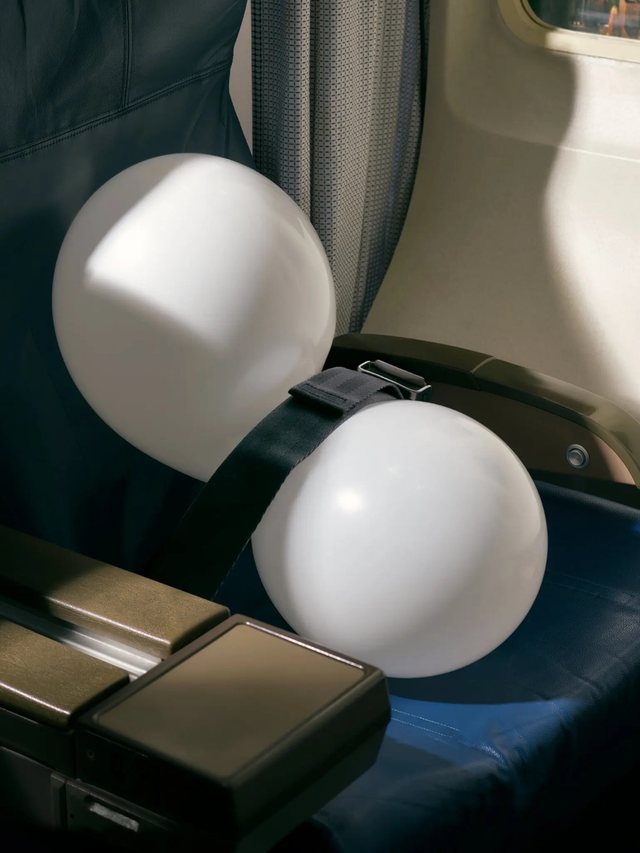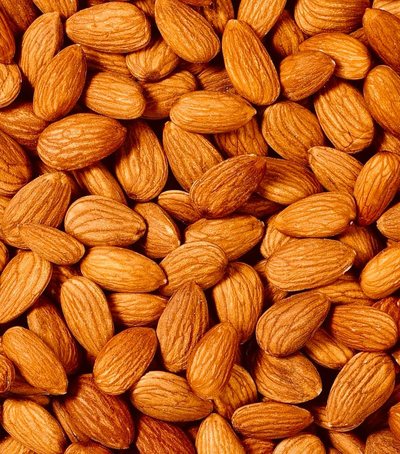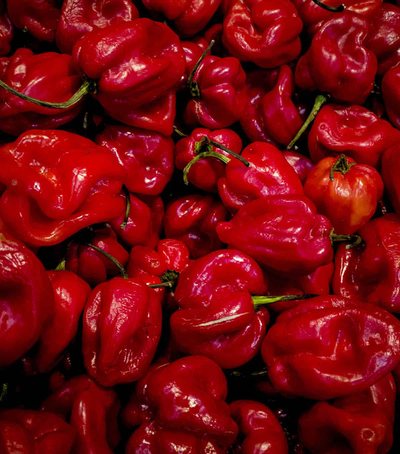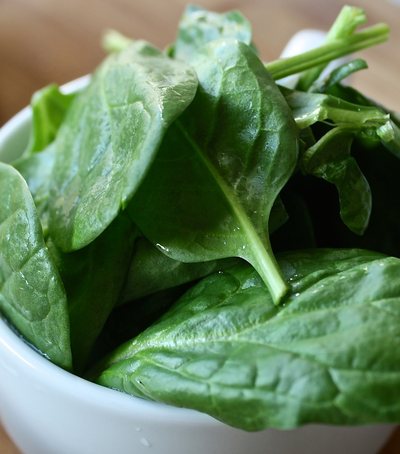
Q: I often feel bloated when I travel by plane. Why does it happen and how can I prevent it?
Air travel tends to disrupt the digestive system, leading to symptoms such as gas, bloating and the need to defecate.
'You mean the tightness you feel from the seat belt during the flight? It's really happening', said Dr. Melissa Hershman , a gastroenterologist at Oregon Health & Science University.
"Some people, for example those with irritable bowel syndrome, are bothered by gas and bloating more than others," said Dr. Baha Moshiree , a gastroenterologist.
However, if you learn the causes of these symptoms, you are one step away from reducing the problem.
We always have gas in the digestive tract. We swallow air when we eat and drink. Also, gut microbes produce gas. When a plane takes off, the cabin pressure drops, that normal amount of gas expands, taking up more space in the stomach and intestines. It's similar to what happens with a bag of chips or a plastic water bottle. It swells up all over. There isn't much research on the subject, but in a 1969 study, 18 servicemen 'agreed to avoid passing gas' during a simulated flight. As their simulated altitude rose 9 kilometers above ground level, their average abdominal gas quadrupled. Apparently, when you are at altitude, the contraction of the muscles that make the digestive system work slows down, said Dr. Elderly . Experts don't know why this happens, but it's one reason you're constipated and gassy. Sitting for hours on a long flight doesn't help, said Dr. Hershman - walking and other physical activities normally help keep the gastrointestinal tract 'moving'.
The stress and anxiety of travel can also worsen gas and bloating, said Megan Riehl , a gastrointestinal psychologist at Michigan Medicine .
How to prevent and cope with gas during travel?
You can't change your plane's altitude or air pressure, but if you're feeling bloated during your flight, experts have some suggestions for your next trip.
- Be careful what you eat
The day before departure, avoid foods that cause gas, said Tamara Duker Freuman , dietician. These foods are beans, onions, garlic, wheat and some nuts, dairy products and fruits.
Even on the day of the trip, continue to avoid these foods.
- Stay hydrated
Hydration is key to avoiding constipation, which can worsen gas and bloating, said Dr. Elderly . Also, avoid alcohol the day before and on the day of your trip, as it can dehydrate you. As for coffee, there is no evidence that it increases bloating, Ms. Freuman said . For some people, fizzy drinks can make them bloated, but others can be relieved, helping them burp less and reduce gas build-up, she added.
Tip : Know yourself, and take what you know is good for you!
- You can take medications and supplements as needed
For example, take an over-the-counter medication like Gas-X or Mylanta before your flight or try an enzyme supplement like Beano or Fodzyme before you eat, which can help reduce gas produced by digestion, said Dr. Hershman .
- Avoid chewing gum
Chewing gum can ease ear discomfort during a flight, but it can also cause you to swallow more air. If you're worried about bloating, limit chewing, said Dr. Hershman .
- Move
If you can, get up every hour or so. Try to move the middle as from one side to the other. These movements can help the gas to spread out in the intestines instead of accumulating in one place, Ms. Freuman said .
- Take a deep breath
Diaphragmatic breathing can help reduce stress and relax the gut, said Dr. Riehl . First, take a four-second breath through your nose and feel your belly rise, she explained. Then, exhale for six seconds through your mouth and feel your belly drop.
- Deliver
If gas is causing you pain and discomfort, holding it in will only make it worse. Go to the bathroom if you can, otherwise let the sound of the engine wash over you and just relax, said Dr. Riehl .
Trust me, you're not the only one!





